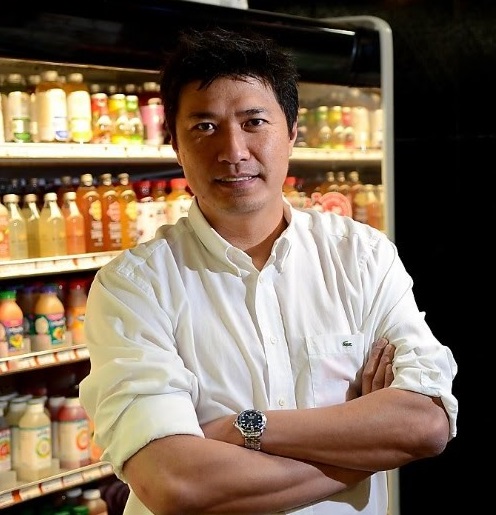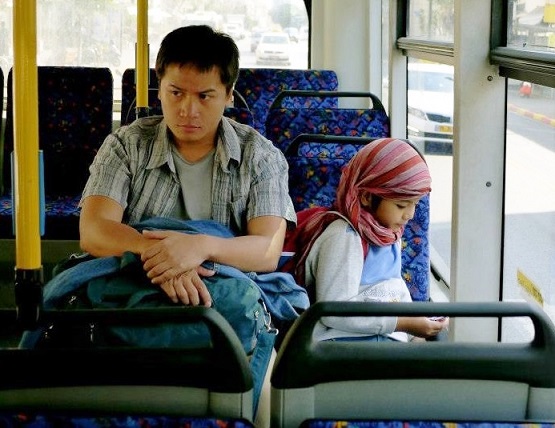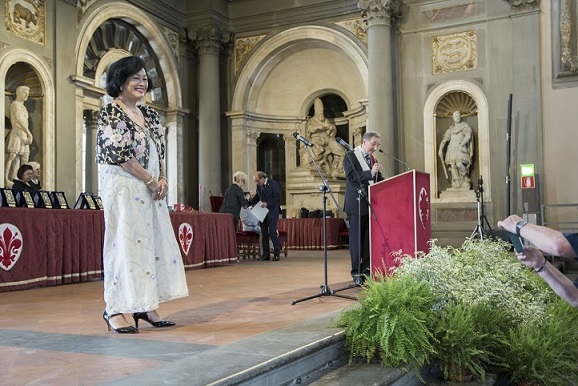How Rodrigo Duterte brought the Philippines to its ‘twilight zone’
By Allen Gaborro
In the post-EDSA I political and social milieu, it was hardly surprising that millions of Filipinos embraced former Philippine President Rodrigo Duterte’s highly controversial stratagems and actions, or what political scientist, media personality, and academic intellectual Richard Javad Heydarian refers to in his expository book, “The Rise of Duterte: A Populist Revolt against Elite Democracy,” as Duterte’s “tried-and-tested scorched-earth policies.”
Heydarian’s study of the Philippines’ 16th president consists of direct examinations and assessments that find traction in the face of the anti-democratic trends we are seeing around the world today. Heydarian writes that “Duterte shares significant similarities with other strongmen such as Recep Tayyip Erdoğan and Vladimir Putin, who upended the politics of their respective countries by promising an alternative form of governance and political worldview under a firm and decisive style of leadership.”
One of the main pillars of Duterte’s power and legitimacy was represented by the swing away from liberal democracy towards right-wing populism that is being witnessed in several corners of the international community. As a result of the widespread disillusionment with the promise of globalization and the technological revolution, populism in intemperate form has been making its rounds around the planet and blighting liberal democracies in the process.
Heydarian is persuasive as he emphasizes the role populism played in catapulting Rodrigo Duterte to power. He paints a picture of Philippine populism in the 21st century that has been a response to the shortfall, or unwillingness, of the post-1986 EDSA leaders and exponents in actualizing the reformist promise of that event.
As Heydarian concludes about the episode of Philippine history commonly known as the “People Power” phenomenon, “The upsurge of right-wing populism in the Philippines is the natural byproduct of the failure of the 1986 EDSA People Power Revolution to fulfill its greatest emancipatory potentials.”
In other words, Rodrigo Duterte did not arise out of a vacuum. As a presidential candidate and president, he assumed the role of both spokesman and standard-bearer for the Filipino masses, expressing their primal cry for the justice, prosperity, equality, and rule of law that was supposed to be granted them after EDSA I.
Denied those ideals, the Filipino masses became vulnerable to, according to Heydarian: “mobilization by demagogues and strongman leaders, who offer not only simplistic solutions, but also overnight salvation and a utopia of collective empowerment (often in the name of the country) in exchange for unbending obedience to their absolute authority.”
Duterte’s rule, in courting popularity and loyalty, strongly knit together a ruling narrative of power that has impressed upon Heydarian that the Philippines is “on the verge of crashing into a frenzy of anarchy, swallowed by a mindless orgy of violence, hatred, and intolerance. There were nights when one was not sure whether you would still wake up to a democratic society.”
Heydarian cautions that Duterte brought the Philippines to what he calls a complicated “interregnum,” a liminal phase in which it finds itself “struggling to anchor itself somewhere between strongman populism, autocratic nostalgia, and democratic resistance—with no clear resolution on the horizon. The Philippines has entered a twilight zone.”
Not that the situation has changed much since Duterte left office in 2022. He — and his family — remain a threat to Philippine democracy even as he faces a potential ICC extradition for crimes against humanity during his murderous and ineffective drug war.
As Philippine democracy unrelentingly approaches a precipice, Filipinos need to get in touch with the lessons of their country’s recent history for they are in danger of repeating the mistakes of the past. Richard Heydarian in “The Rise of Duterte” proves to be willing and able in getting this point across.
Support independent bookstores! Bookshop is an online bookstore with a mission to financially support local, independent bookstores. Below is a link to TheFilam.net Bookshop page












